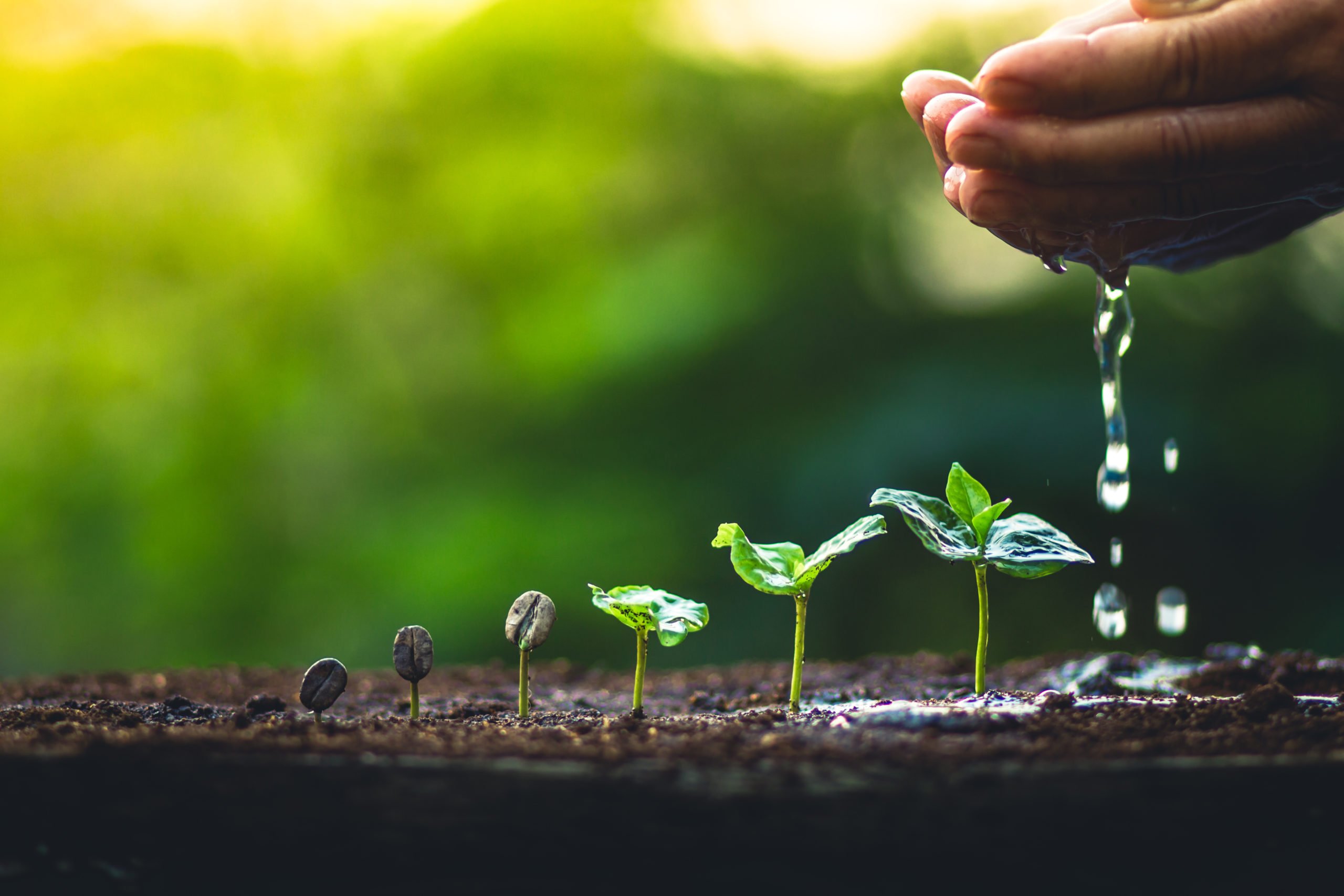This is the first part in a three-part series on startup growth by venture capital investor Benjamin Chong. Parts 2 & 3 will be published over the coming fortnight.
The unemployment toll from COVID-19 was 600,000 in April alone, the largest one month increase on record.
So concerning is this consequence of COVID-19 that the Shadow Treasurer said he was “petrified” that workers will disappear down the long-term unemployed blackhole, from where few ever emerge.
In corporate Australia some businesses may never recover. A second wave of company administrations is widely expected after businesses are weaned off JobKeeper subsidies.

Rick Click Capital’s Benjamin Chong
Those in sectors like hospitality, travel and retail particularly, have reeled from the impact of a nation in self-isolation who are both subject to their own, as well as government restrictions on movement and spending.
As Australia takes its first steps back to normality, the focus for government will be on how our country can supercharge economic growth necessary to fill a $360 billion hole in the federal budget.
Historically much of the growth seen after an economic downturn has been achieved from technology startups, largely because of their multiplier effect on employment. Uber, Airbnb, Pinterest and Dropbox come to mind as they were all founded during the GFC.
The DNA of a startup
The defining characteristic of a startup is, of course, their growth potential and this is what stands them apart from other small businesses. Studies in the US have concluded that technology-based startups have long been an important driver of economic growth and competitiveness.
In Australia, the StartupAUS Crossroads Report have validated startups as leading job creators and as a primary driver of Australia’s new jobs growth. This is because startups are designed to grow fast. As distinct from other newly founded businesses, a startup has entirely different DNA – they are both scalable and address a large market.
The difference can be subtle in some cases. Indeed, not even all tech businesses are startups. Paul Graham, English founder turned VC investor and academic, recently cited a great example. He said, that if a startup writes software to teach Tibetan to Hungarian speakers, the startup will undoubtedly be able to reach most of the people who want it, but there won’t be many of them. It is a small market.
Conversely if they make software to teach English to Chinese speakers, this is startup territory where the market is large and the product must be scalable.
Rapid growth is not the ultimate goal
Most startups have ambitious plans for growth. Unfortunately, in many cases these plans are too ambitious and they scale too prematurely.
Daily deals site Groupon fell victim to overambitious growth plans. It raised a lot of venture funding, expanded into many cities across various countries spending vast sums of cash along the way.
After it listed in 2011 Groupon’s share price fell by 80% when investors realised the company’s key metrics did not align with the valuation. The issue was they were spending too much money on acquiring consumers and merchants, and neither were staying around for long. This forced Groupon to pivot their business model to focus on a smaller number of cities in a lower number of countries.
News aggregator Digg was another casualty of overly ambitious growth. In 2004 it was initially free of advertisements, allowing members to vote a page up (“digg”) or down (“bury”). It successfully grew a large number of users in a short period of time but wasn’t able to monetise the user base quickly enough to cover the acquisition cost. After the business eventually collapsed parts were sold for a total of US$16.5m despite more than US$40m being invested into the business.
For founders who are hoping to be a part of Australia’s economic recovery, there are lessons to heed from the Groupon and Digg experiences.
Sustainable growth requires product market fit
Taking Graham’s example of Tibetans learning Hungarian, it doesn’t matter how much money a business spends on acquisition, if the market is too small, then the business will shortly experience a diminishing return on the money it spends acquiring customers beyond a critical mass.
No amount of money can create a larger customer base.
Successful startups are expected to reduce costs as they scale and those who can’t achieve this will find their business in a weakened position.
Generally greater volume allows a startup to reduce the unit cost and make more profit as they acquire and service subsequent customers. Those who cannot reduce their unit price by scaling may find they inevitably run out of money as acquisition costs escalate.
Temptation can be a dangerous thing
Founders who are eager to scale quickly and ignore the critical stages of customer development will do so at their peril. A successful startup should have tested, learnt and iterated many times over before spending vast sums of money on mass customer acquisition.
Australia needs high-growth businesses to help drag the economy out of recession, but this is a marathon not a sprint.
We have a long way to go and founders, like all businesses, need to approach growth in a considered way and ensure that their product stands up to scrutiny in a harsh economic environment where there will be many more casualties.
- Benjamin Chong is a partner at venture capital firm Right Click Capital, investors in high- growth technology businesses.
NOW READ: Startups as a key to economic recovery part 2: a growth marketing approach




















Trending
Daily startup news and insights, delivered to your inbox.